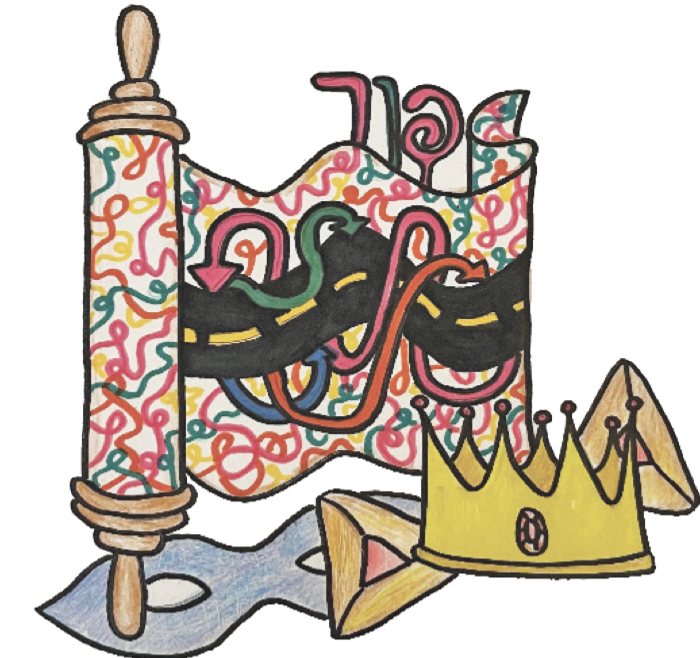Megillat Esther: God’s presence in the unexpected
TWISTS: The story of Purim contains twists and turns that remind us of our lives today.
I could never really get my hands around the reason we call this holiday “Purim,” or “lots.” Isn’t it the story about a sinister villain, a devoted supporter, a beautiful heroine, and a malleable monarch? Why is it named for the casting of lots? Or is it?
Rabbi David Fohrman, a lecturer on Torah themes and contributor to Artscroll’s Talmud translation, suggests that there is more to it than that. According to him, the word pur, which we translate as “lots,” comes from a three-letter shoresh (root), peh, vov, resh, which is the Hebrew root for the word “annul.”
This, he says, suggests a double meaning for the reason the holiday is called Purim. Yes, the holiday’s name refers to the lots that Haman cast. But it also carries the context of annulment. And in the story, Esther worked her charm on King Achashverosh in order to annul his decree of destruction for his country’s Jews.
The Book of Esther is filled with such double meanings, reversals, switches and turns. Haman plans to execute Mordechai in an especially gruesome way, but in the end, Haman (and his sons) are executed. Haman thinks he should be honored by the king, but in the end, Mordechai receives those high honors. Haman wants to kill Mordechai with a gallows, but in the end, Haman is killed with the very same device. And Haman wanted to cast ‘פור’ — pur, lots — to determine when to kill the Jews but in the end, Esther worked to annul his genocidal plan.
We know that the Book of Esther does not mention the name of God. But we celebrate the outcome of the story because we know that through the switches, twists and turns, God is present. Whether the purim are symbolic of the randomness of life, or whether the word refers to Esther’s ability to annul the king’s decree – or both – the Book of Esther continues to hold great importance for the Jewish people.
It does so because we are still confronted with life’s randomness. Look around you. Worldwide, people are dealing with high levels of anxiety brought on by a multitude of unexpected circumstances such as war, rapid climate change, toxic politics, earthquakes and more. It’s difficult to find the resources to address these important issues. The Book of Esther teaches us that life can be crazy, and even with these switches, twists and turns, God is present.

